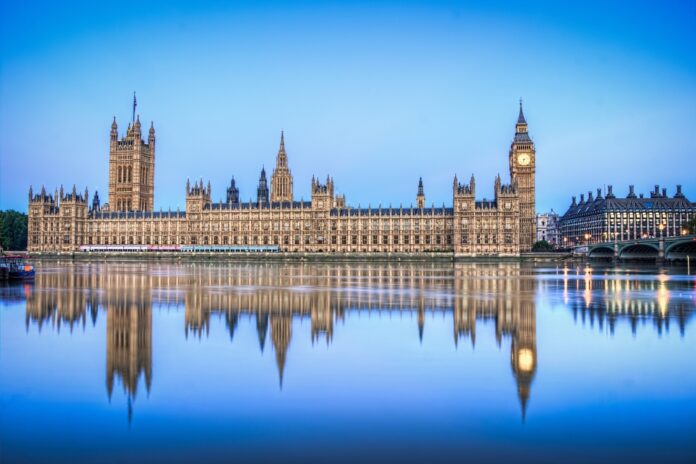They treat their mast hosts worse than Netflix exploits them
The UK’s mobile network operators (MNOs) are undermining their case for ‘fair’ treatment from US content providers by their treatment of their own infrastructure supporters. While the MNOs complain that US content providers are ‘fairweather’ supporters who weren’t around in the early days of the network, they face the very same accusation from the landlords who hosted their 5G network masts in the early days of the business. Now a report by the Centre of Economic and Business Research estimates that landlords have lost around a billion pounds since legislation was changed in their favour.
While the telco brands are ‘going OTT’ in the corporate boxes at top sporting events, akin to the arriviste posers who turn up at sporting events when things are going well, the MNOs are cutting their contribution to the grassroots communities of sports like football, rugby and cricket. These are the very people whose long-term efforts provide the ‘ecosystem’ that big corporations like to join. This behaviour provides an ironic counterpoint to their own complaint that US content providers that don’t make a financial contribution to the telecoms infrastructure they exploit.
European MNOs invested around €500bn over the past decade to upgrade their fixed and mobile networks but complain they have been harshly treated by the likes of Facebook Apple, Amazon, Netflix, and Google because of their relative scale. The top eight telecoms groups have a total market capitalisation of €240bn, while the US content players have a market capitalisation of €7 Trillion. However, in Parliament, it debates may consider how the UK telcos have acted when the boot was on the other foot. According to a report in London’s Evening Standard, grassroots sports clubs in the UK are facing financial crisis have pulled the rugs from them by slashing the rents due for hosting 5G masts on local grounds.
As reported in Mobile Europe in May, the mast companies owned by MNOs are exploiting legislation, intended aid the construction of 5G infrastructure, in order to dodge rent they had originally agreed to pay to communities that agreed to host their equipment. The loss of annual income has been quantified at £209 million in a new report by the Centre of Economics and Business Research, which found that the losses this month passed a cumulative £1billion since the Electronic Communications Code was first introduced in 2017.
Some clubs have seen rent cut by 98% and with campaigners mobilised the ‘brand values’ of MNOs are becoming a focus of interest. On Monday (October 31st) there will be a debate and vote in the UK’s House of Commons over legislature that would review and possibly amend the 2017 changes. If the bill is passed without amendment, it could allow MNOs to make it even harder for clubs to mount legal challenges against the mobile networking corporation’s broken promises. The repercussions for the mobile operators could include long term damage to their brands, since it’s likely that people have greater loyalty to their sports club than they do to a corporation.
The loss of funding experienced by Chertsey Cricket Club, for example, means that local juniors and adults wil l miss out on the chance to play cricket at the club. “Which would be a travesty,” club member Richard Dodd said. “The whole situation is absurd. These companies are creaming off the top and the people who are losing out are those in our local community for whom the money can make such a big difference,” said Dodd.
The fact that community sport is being held to ransom to line the pockets of corporate giants, as Dodd contends, weakens the case of mobile network operators who want US content providers to make a contribution to their infrastructure in the interests of fairness. Billericay Rugby Club in Essex chairman Neil Jarvis called for the government to step in. “I find it amazing that the government would rather encourage kids to sit at home and play games on faster broadband rather than get them outside playing sports. If someone doesn’t step in then I worry how long the whole club can keep going.”


